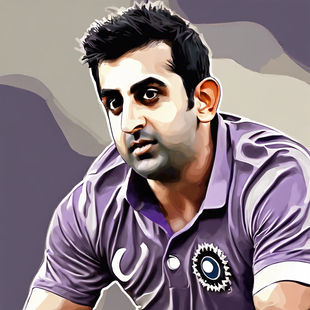TL;DR 📝
Canada banned the Australian outlet Australia Today for airing S. Jaishankar’s press meet, where he discussed India-Canada tensions. The move raises questions about Canada’s stance on press freedom, drawing criticism from both India and the media outlet.

Canada Targets "Australia Today" for Airing Jaishankar’s Press Meet 🚫🎥
In a move that has stirred international discussions, Canada recently banned the Australian news outlet Australia Today from broadcasting within its borders. The trigger? A press conference featuring India’s External Affairs Minister, S. Jaishankar, held in Australia. During the press meet, Jaishankar addressed the rising diplomatic tensions between India and Canada, particularly around the controversial killing of Khalistani terrorist Hardeep Singh Nijjar.
The Backstory 🕵️♂️
The diplomatic spat between India and Canada has been escalating ever since Canadian Prime Minister Justin Trudeau alleged Indian involvement in Nijjar's death. India has outrightly denied these claims, citing them as baseless. Amidst these tensions, Jaishankar's press meet in Australia became a focal point, as he elaborated on India's stance and criticized Canada's approach to harboring extremists.
Why Ban Australia Today? 🤔
The Canadian government claims that the broadcast by Australia Today exacerbates diplomatic strains and spreads narratives that undermine its position. However, critics argue that this move is a direct attack on press freedom, contradicting Canada’s proclaimed commitment to free speech.
Australia Today Reacts 📰
The news outlet responded strongly, emphasizing its role in delivering unbiased and factual news. "We are committed to transparency and the truth. This ban will not deter us," said a spokesperson for Australia Today. They further pledged to continue reporting stories that matter, regardless of governmental pushback.
India’s Response 🇮🇳
India was quick to react, with the Ministry of External Affairs calling out Canada for its inconsistent stance on freedom of expression. "It’s surprising to see a nation that champions free speech impose such a ban," remarked a senior official. This incident, according to India, highlights a growing trend of selective outrage and double standards in global diplomacy.
What’s Next? 🌐
This development is expected to deepen the rift between India and Canada. The diplomatic fallout could influence global alliances, with countries like Australia caught in the crossfire. For now, the international community watches closely as these three nations navigate a complex web of political and media dynamics.































